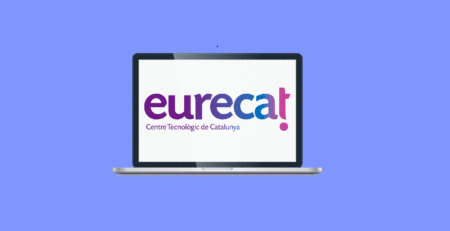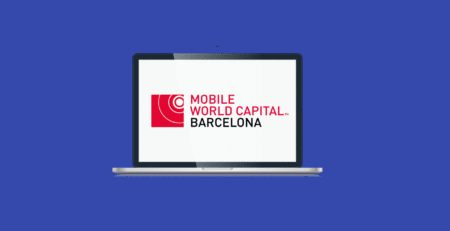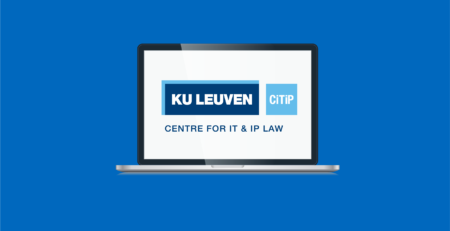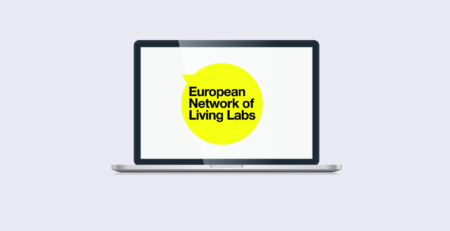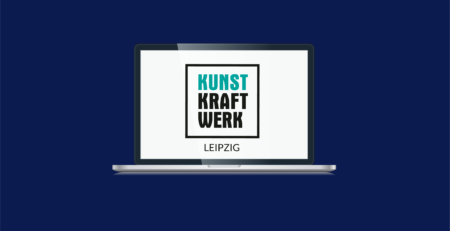Meet our partners: Design Entrepreneurship Institute
Simona De Rosa (PhD) is member of the Board of Directors at the DEN Institute.
The Design Entrepreneurship Institute is a non-profit think tank, working at European level thanks to an extended network of collaborators. DEN main areas of activities are: support to participatory innovation practices, socio-economic impact assessment of research and innovation initiatives; research on societal impacts of climate change mitigation, (Digital) Social Innovation, inclusion and non-discrimination, strategic consultancy on innovation of processes, use of ICT technologies and software technology transfer. In addition it also offers project and programme management as well as project communication and dissemination. In its research activities, DEN adopts an interdisciplinary approach that combines and develops both quantitative and qualitative methodologies, following – when possible – the action-research principles.
The DEN institute is a think tank that studies how design and technology can be used to support entrepreneurship and social impact, could you explain why it is so relevant to study this interaction?
Nowadays, research is focusing more and more on how users can directly inform technological development through user engagement processes. This is urgently needed for developing tools, devices, but also processes that consider real user needs. However, user engagement is not limited to the definition of useful devices, but it is important to determine how to structure a sustainable and ethical future. To achieve this goal, it is also crucial to map what is behind the users in terms of values, behaviours and perceptions. By focusing on the complex interaction among current practices, values and needs we can analyse the implications of innovation in terms of impacts. Evidences on positive impacts help us in the definition of new scenarios for a brighter and sustainable future, and this is exactly what DEN tries to do!
The Pandemic has hit hard the publishing sector, what were your thoughts before and now about the evolution of the book industry?
As reported by the Federation of European Publishers “Book publishing is the largest cultural industry in Europe, and European publishing is a world leader”. We cannot deny this crucial sector have been impacted by the current Covid-19 pandemic. As reported by IDEA Consult (2020), in 2020 “Sales in bookstores dropped between 75% and 95% in most countries where a lockdown was in place”. A lot of bookshops and libraries closed their activities and bookfairs and public events have been canceled or postponed. All this tremendously affected the stakeholders working in this sector. However, due to the pandemic we also get the opportunity to rethink current practices. For instance, as reported by IDEA Consult et al. (2021), it has been observed in France that online sales increased +52% in March and +180% in April 2020 and many online platforms doubled or tripled their sales in early April. Moreover, as reported by the Global Web Index Coronavirus Research of April 2020, 33% of people worldwide read more books and listened to more audiobooks while at home during the crisis2. This means that even if certain aspects have been damaged due to the pandemic, we are discovering new ways and new approaches to experience reading. So, hopefully the pandemic will not be a dramatic event hitting the publishing industry but a factor towards the adoption of new business models and books’ fruition. Being optimistic, we must take the chance to develop better and innovative ways to interact and exploit books, creating sustainable and creative solutions for the sake of the industry.
You have an extensive role in the Möbius project since you are participating in all the work packages, could you tell us a little more about it from your point of view?
DEN institute leads the activities related to the project’s impact assessment. This is a challenging task because we need to ensure that all potential impacts will be mapped by a consistent theoretical framework and by implementing it. The implementation of the methodology will allow us to finally get an estimation of the impacts of the project. As said, to do that we need to have a clear picture of the entire chain. We have to know all the challenges and considering all the aspects related to technical, social as well as economic dimensions. Moreover, the impact assessment cannot work without inputs, feedback and validation from sectoral stakeholders. Our role is to structure a consistent dialogue and a continuous exchange with all the partners so that the methodological framework will be co-designed and accepted by all. This is not easy if you think how complex is the Möbius project. Our engagement through all work packages guarantees that all partners and activities will be assessed and considered.
How would you define the term prosumer and how this new kind of actor intervenes in the society?
According to the definition used in the Möbius project, and as we have written in a paper recently published on the Publishing Research Quarterly, “the prosumer is an individual that can produce or improve goods and services he/she will eventually consume. In particular, in the publishing industry the prosumer includes publisher-managed communities, and the millions of users participating and contributing to online communities of interest (e.g., fanfiction communities)”. What makes the difference here, is the active participation of the user in the entire chain. The user is not passively waiting for a content, or a service. She/he is the one who produces but at the same time the one who consumes. We are all embedded in the technology, we are content creators and at the same time contents’ users thanks to technology that make it possible and easy. It was time to push the debate on the role of the prosumers in the publishing industry, and we are happy to be at the forefront of the discussion with the Möbius project.
What are you expecting to discover from the Möbius project?
This is a very challenging question. Let’s say that as a researcher working in the project, I expect that new approaches emerge to reading and writing experiences and translate those findings into innovative and disruptive technologies created by the Möbius project. From my point of view, it is essential that our outcomes will generate positive impacts opening to innovative, inclusive and sustainable tools and processes for the publishing industry. On the other hand, as a researcher engaged in the creative and cultural industry community, I really expect, and hope, that the Möbius project will put the spotlight on the publishing industry, which certainly is an incredibly relevant sector among the creative and cultural industries and one of the strongest at European level. As said, the industry is strong, but it is also facing challenges, more funds allocated to the sector and intersections with other fields of research are crucial to support innovation forcing sectorial stakeholders to explore and experiment new ways to run traditional business. I think this is extremely needed and I hope that some opportunity for further funding will come in the upcoming work programmes under the Horizon Europe Programme.

Simona De Rosa (PhD) is member of the Board of Directors at the DEN Institute.
Since 2015, she has participated as a researcher in responsible positions in more than 10 European projects funded by the European Commission under the research frameworks FP7 and H2020. She is mainly in charge of policy analysis, participatory processes for policy development and impact assessment analysis. She is currently deeply involved in the research community on social media and disinformation and she is an active member of the creative and cultural industries community at European level. Simona holds a bachelor and a master’s degree in Political Science from the University of Naples L’Orientale where she defended both theses in Economic Geography. In 2011 she started her PhD in Economic Geography from the University of Rome La Sapienza and concluded it with the defense of her thesis “Italian Networks of firms: the role of proximity through an empirical case study” in March 2015. During the PhD she worked mainly on Network of Firms and forms of Proximity among SMEs with specific focus on Innovation. Other research interests during the PhD were linked to migration, social movements and all possible relations between culture and the territory.







